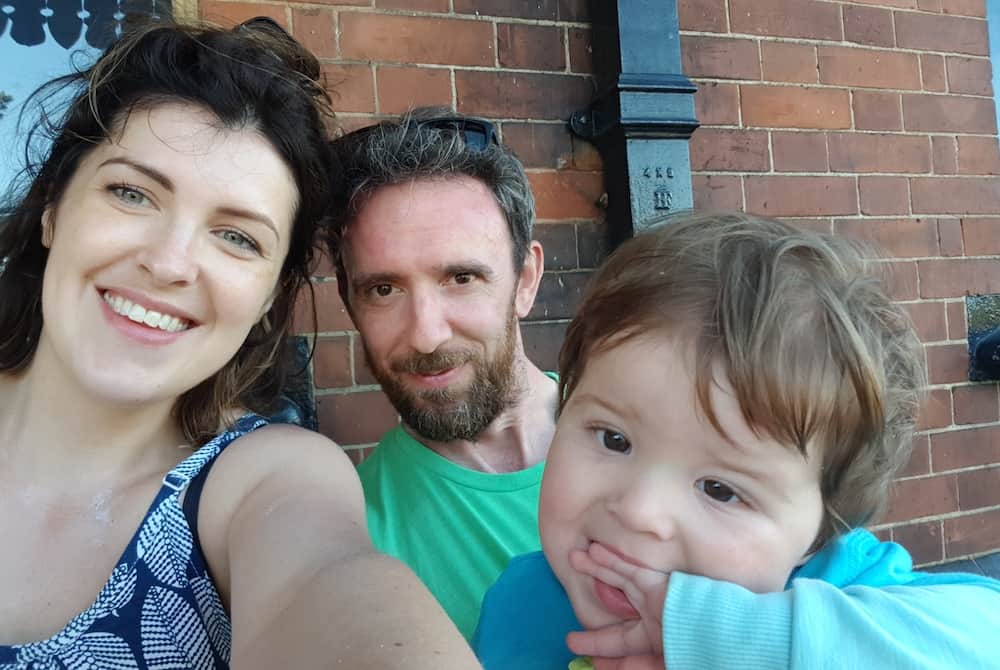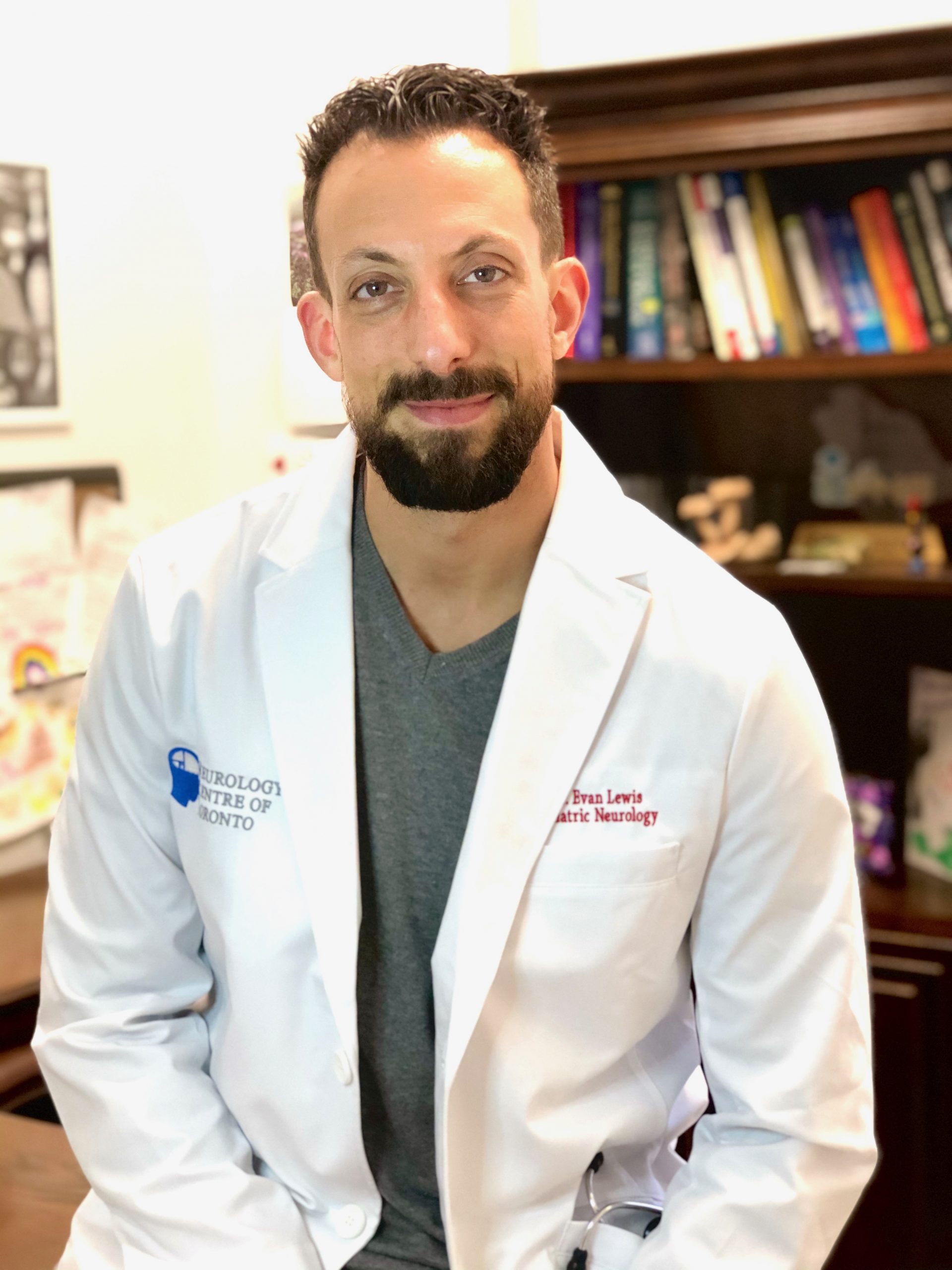Experts have warned that the lack of paediatricians willing to prescribe cannabis medicines in the UK is reaching crisis point, leaving children’s lives at risk and forcing parents to turn to the illicit market.
The lack of pediatric neurologists willing to prescribe medical cannabis in the UK is forcing parents to turn to desperate measures, according to several campaigners and clinicians in the industry.
There is currently only one consultant who specialises in pediatric epilepsy prescribing cannabis-based medicines in the UK and actively taking on new patients.
As there are no pediatric prescribers currently enrolled in Project Twenty21, parents and carers don’t get the costs of their prescription subsidised, costing them around £2,000 a month.
“It’s the children that changed the law and suddenly they’ve been forgotten about,” says Matt Hughes, co-founder of Medcan Support, a UK charity aiming to educate and support parents in accessing medical cannabis. “I see it as pediatric access in crisis because I can’t see it getting any better.”
Parents of children with epilepsy
Through Medcan Support, Hughes is contacted by dozens of parents of children with epilepsy, who are willing to do anything to access cannabis – even turning to illicit means.
“A lot of parents aren’t transparent about using it illegally, but we know there are some,” Hughes continues. “Those who want access are going to use cannabis wherever the source and currently, they are left to the CBD market or the illicit market, where there’s no clinical oversight.”
While Hughes is careful not to disclose much, there are reports of parents giving children Rick Simpson Oil, which is po
tent in THC, known to cause seizures if taken in too high of a dose and without enough CBD to counteract its effects.

Matt Hughes, with his partner Ali, and son Charlie.
“Parents are trying to do this on their own,” he says. “We shouldn’t be having to give this type of advice, we’re almost taking the role of the clinician having to draw on our own experiences, but everyone’s different which is why we need that clinical expertise.
“Cannabis can cause seizures if you get the dose wrong, it’s not like pain and other conditions where if it doesn’t work then it’s not life-threatening.”
Dr Adelaida Martinez, a former consultant at the Portland Hospital for Women and Children in London, and one of the few who has been prescribing for children with intractable epilepsy retired in October. She wrote to Health Secretary Sajid Javid in a public letter, outlining her concerns for these patients, who without access to this medication would be left “fighting for their lives”.
Dr Martinez claims that she has looked for an alternative paediatric neurologist to take over her patients but this has proved to be “extremely difficult”.
Many blame the current crisis on guidelines from the British Paediatric Neurology Association (BPNA) guidelines, which they say prevent doctors from prescribing cannabis-based medicines and “deny children safe treatment”.
Fifty clinicians signed an open letter to Mr Javid, outlining their concerns about the guidance, which state that the body does not recommend the prescribing of products containing THC due to a “lack of evidence of safety or efficacy.”
The BPNA also states that you must be a paediatric neurologist to prescribe, but this is not based on law and is not supported by national guidance, according to the Medical Cannabis Clinicians Society (MCCS), which authored the letter.
“Our concern is that what appears to be a deeply entrenched and dogmatic position on this subject from the BPNA is effectively denying sick children access to an efficacious and safe medicine that may well reduce or even stop their seizures and immeasurably improve their quality of life and reduce their chance of death,” the letter stated.
“It is deterring private prescriptions and is playing a part in the almost total block on NHS prescriptions. This block in turn is forcing many very vulnerable families to have to fundraise thousands of pounds a month to source the medicine privately.”
Desperate parents
It is understood that earlier this year the BPNA referred one doctor who was prescribing cannabis medicines to the General Medical Council (GMC) on the basis that he was a paediatric rheumatologist rather than a paediatric neurologist. The case was dropped following review and no further action will be taken.
The MCCS letter included a statement from the GMCs independent medical expert who was quoted during the review as saying the BNPA position is “probably not in the best interests of children”.
However, as cannabis-based medicines remain unlicensed by the MHRA, without the support of the BPNA and other bodies such as NICE, clinicians don’t feel comfortable prescribing, explains Hughes.
“There are many unlicensed medications that are prescribed for epilepsy, but because that’s common practice, clinicians have the confidence to do it,” he says. “As cannabis is so new and there’s the stigma attached to it, doctors are leaning on NICE guidelines and if something were to go wrong, they’re on their own. I know there are some who would be willing to prescribe but they don’t want to be held responsible.”
This is having a knock-on effect on the ability to collect the “robust” evidence of the safety and efficacy, which regulatory bodies have repeatedly called for.
“Everyone is saying that we need more robust evidence, but we’re not going to get any evidence if there’s no one prescribing,” adds Hughes, who through Medcan Support is planning a new study of around 60 patients, as it is limited to the number of children which are currently prescribed for.
“We can only grab the data from the current patient cohort at the moment.”
Earlier this year a study by Drug Science showed that there is a 96 per cent chance of a child significantly improving after prescription of full-spectrum cannabis. The MCCS, Medcan Support and other organisations across the industry are calling for this real-world evidence to be taken into account and to treat individual patients on a case-by-case basis, rather than relying on randomised control trials (RCTs) which are not suited to full-spectrum cannabis.

Dr Evan Lewis
Dr Evan Lewis, director of the Neurology Centre of Toronto, and a specialist in pediatric epilepsy argues that this evidence is already out there.
“There is evidence now to support cannabis in epilepsy, that details a clear mechanism of action in terms of the endocannabinoid system and its role physiologically,” he tells Cannabis Health. “There’s certainly good theory behind how cannabis works in the brain and what the effects are in terms of epilepsy, from very good robust clinical research that’s been done in randomised control trials.
“Drug-resistant epilepsy is defined by a child who has seizures and has tried two medications or more. The research and data show that the chance of success for a third medication is less than three per cent. At that point, in my opinion, cannabis should be considered as an option.”
He continues: “Cannabis has a unique mechanism of action compared to the other drugs, so it’s very possible once you hit the drug resistance stage that underlying epilepsy may be due to an imbalance in the endocannabinoid system (ECS) or it may be that the ECS can be supplemented by cannabis to help prevent seizures.”
Dr Lewis is currently carrying out a review of research into the effects of THC, which has so far indicated that the long-term use of cannabis may not affect cognitive functioning. He advocates for clinicians to take a ‘harm reduction’ approach to their practice.
“From my perspective, parents are going to do it anyway, so when a practitioner refuses to prescribe that’s the worst-case scenario. Those individuals will source the cannabis from somewhere else, probably illegally and then nobody is taking care of these children,” he says.
“It’s the duty of the practitioner to send parents and patients to those resources, knowing that, in all likelihood, they’re going to source that cannabis and get it themselves. To push parents away or ignore parents is actually doing harm.”
Medcan support
Hughes has encouraged clinicians to speak to experts at Medcan Support and the MCCS to educate themselves on the existing research and access advice. He also called on the 60 existing medical cannabis prescribers in the UK to support pediatric specialists in prescribing.
“The lack of access to cannabis prescriptions is a harm that needs to be removed from our healthcare system,” adds Dr Lewis.
“The tide has shifted so much that whether it sits well with them or not, it is now a duty for clinicians to learn about this. Learning can mean educating themselves on resources and where to send patients or becoming a prescriber themselves, but there’s no room on that spectrum for doing nothing.”
Cannabis Health contacted the BPNA for comment but did not receive a response.
The post ‘Crisis’ in paediatric access to medical cannabis forcing parents to black market appeared first on Cannabis Health News.

